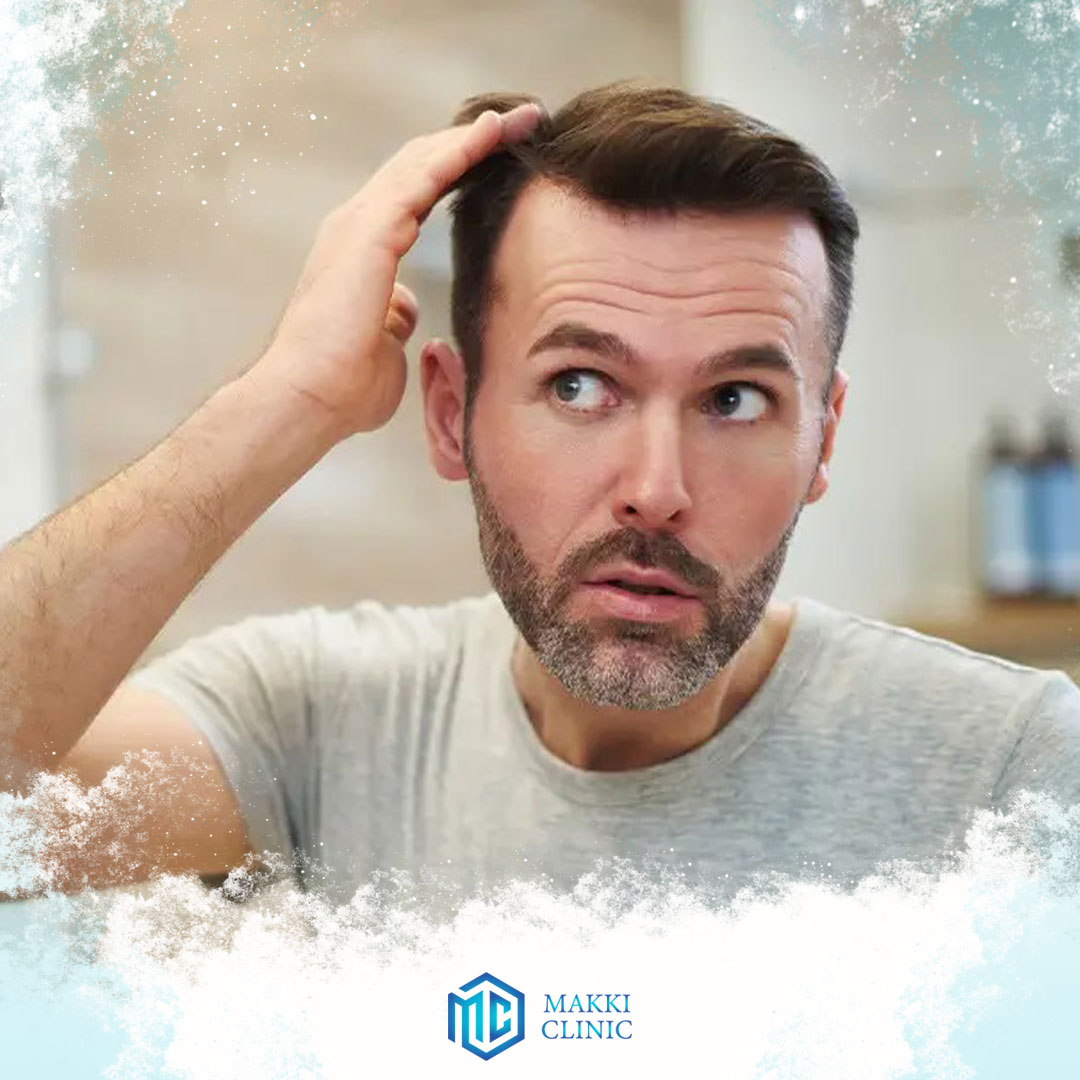Treatment of swelling after hair transplantation
The first cause of facial swelling after hair transplantation is the leakage of the injected fluid in the area of the operation to the forehead, the area around the eyes, or what is known as pilgrims, and in normal conditions this swelling does not exceed the frontal limit and can reach the eyes except in special and rare cases, and in general the symptoms remain It is within normal and does not affect the transplanted follicles or the results of hair transplantation.
Methods of treating facial swelling after hair transplantation:
In most cases, facial swelling disappears after hair transplantation without resorting to any treatment, whatever its stage:
- The swelling in the top or the entire forehead, or even around the eyes, any of the first three degrees, and does not cause any obstruction when the patient opens his eyelids.
- In the event that bruises appear around the eyes associated with puffiness, then the doctor must be informed immediately, and he will guide the patient in the same manner and give advice on dealing with this type of swelling
- In the event that the swelling of the face after hair transplantation is accompanied by bruises around the eyes, the patient must inform the doctor of this development, and he will inform you of the things that must be done to deal with this case. These bruises are caused by drops of blood from one of the capillaries in the transplanted area, and these bruises disappear after About ten days at most.
- It is recommended to lie on the back with the head elevated on the designated pillow in all cases.
- It is especially recommended to get the necessary rest on the day after the operation.
- It is necessary to pay attention not to bend or tilt the head after the operation, so that the fluid injected into the head does not move to the face, which causes the face to swell after the hair transplant.
- It is also possible to speed up the process of getting rid of the swelling after hair transplantation by applying ice packs to the swollen area only and not approaching the transplanted area so as not to cause any damage.
- The specialist doctor can prescribe a pain reliever and an anti-steroidal anti-inflammatory drug that helps prevent the patient from headaches and treats the edema that can occur after the operation, and the patient should adhere to taking these treatments as per the doctor’s instructions, which is very important after hair transplantation.
- It is also advised to protect the head from shock or excessive pressure, take vitamins or foods rich in vitamins in addition to drinking good amounts of water.
- It is also recommended to protect the head from shock or excessive pressure
The patient must know that the side effects after the hair transplantation process, regardless of their type, whether they are bleeding, pain, itching, or facial swelling, are a normal common occurrence among patients, and one or all of them may appear in the patient, which is not a cause for concern as they are effects Side-by-side cosmetic surgery, and any patient needs a recovery period before returning to his previous life routine
It should also be emphasized that these symptoms do not affect and are not related to the results of hair transplantation, because the success of the operation or failure of the operation is limited to the skill of the doctor and the patient’s commitment to take care of the transplanted area after the operation in the correct manner.

